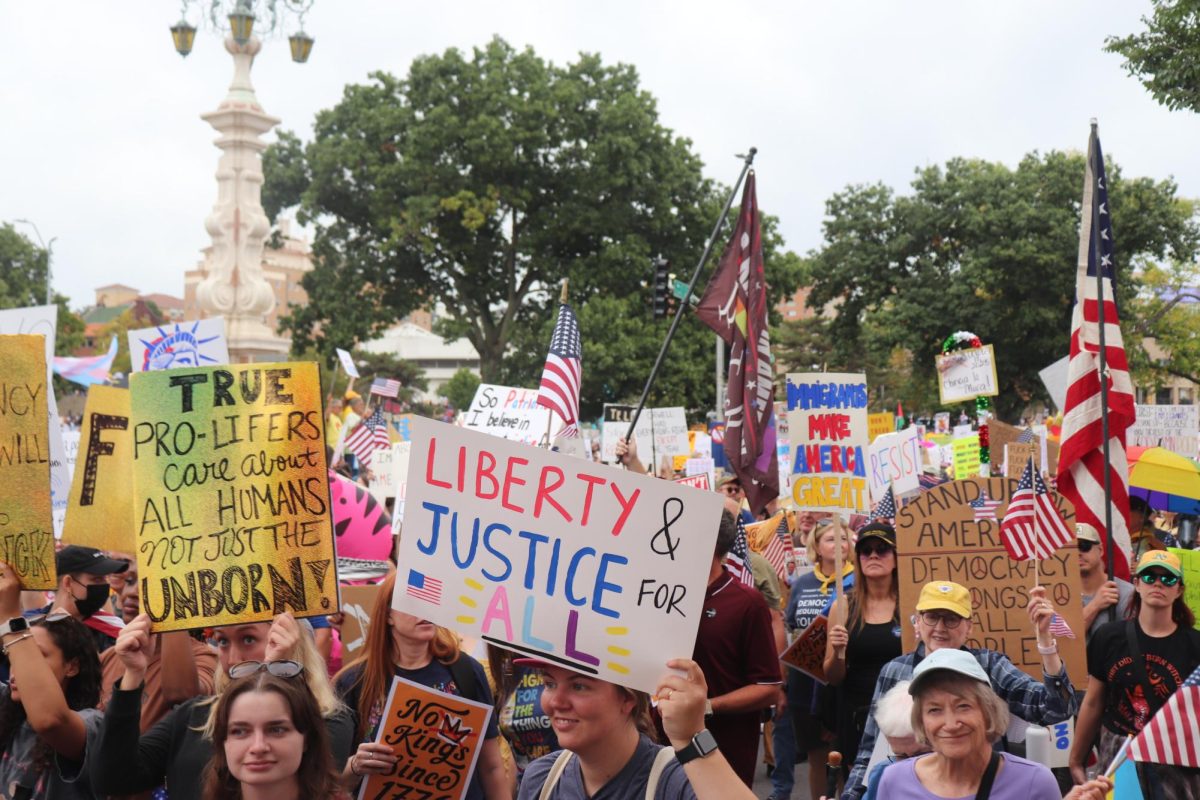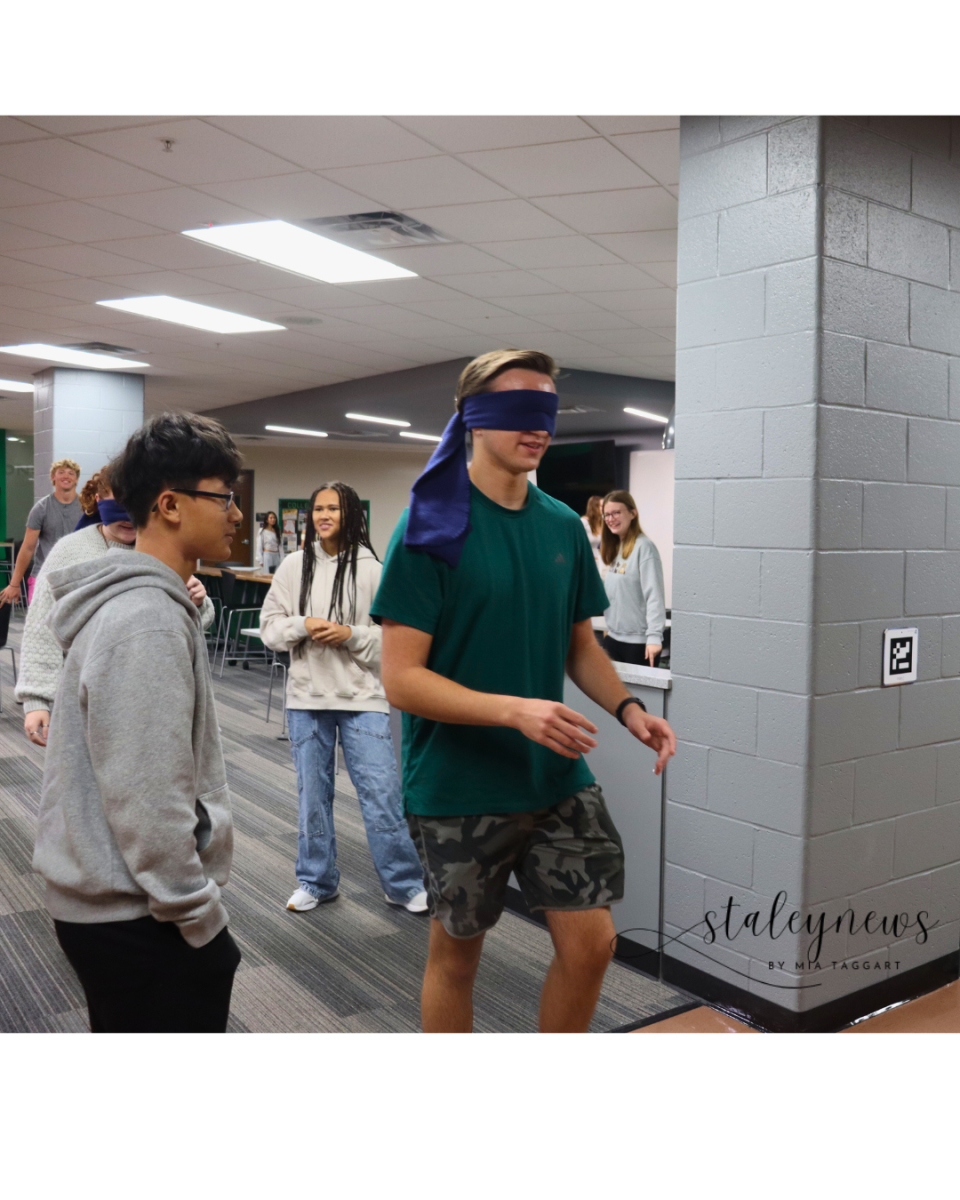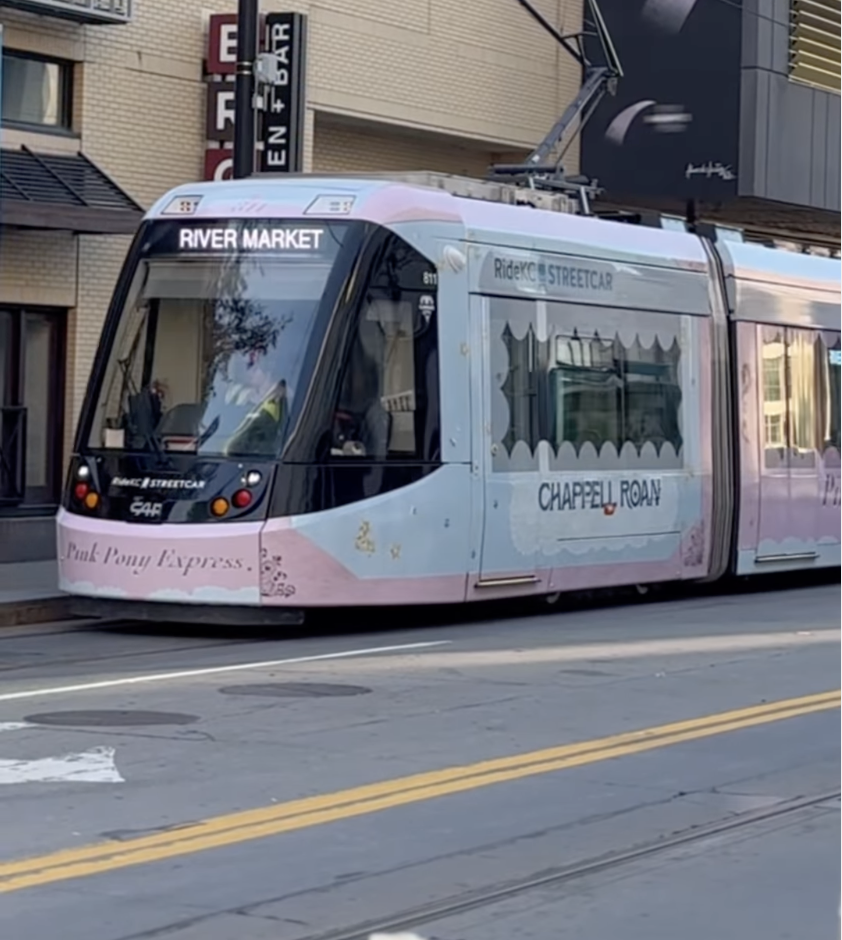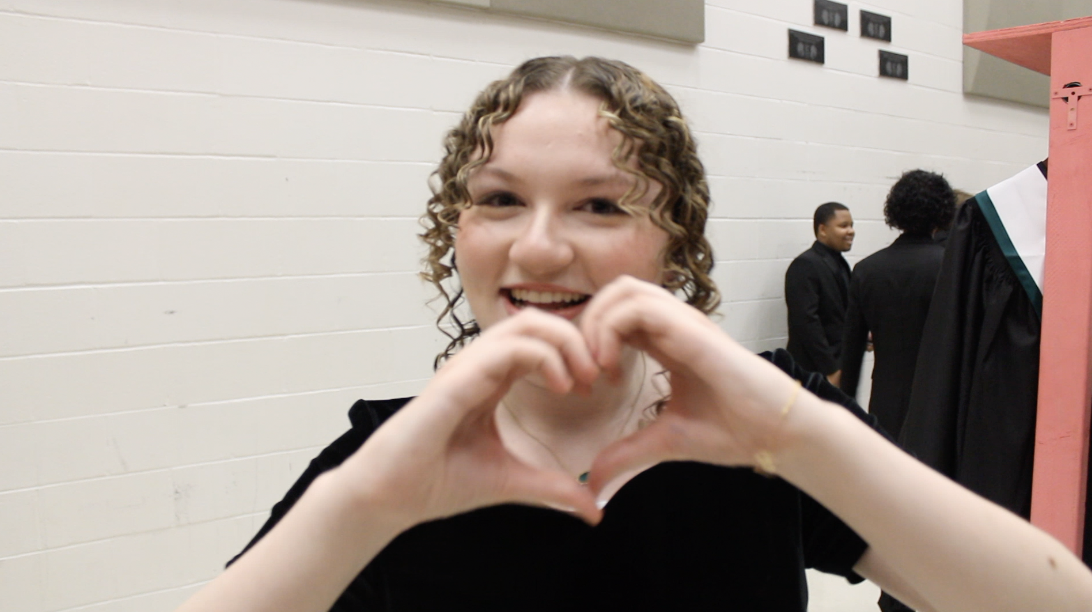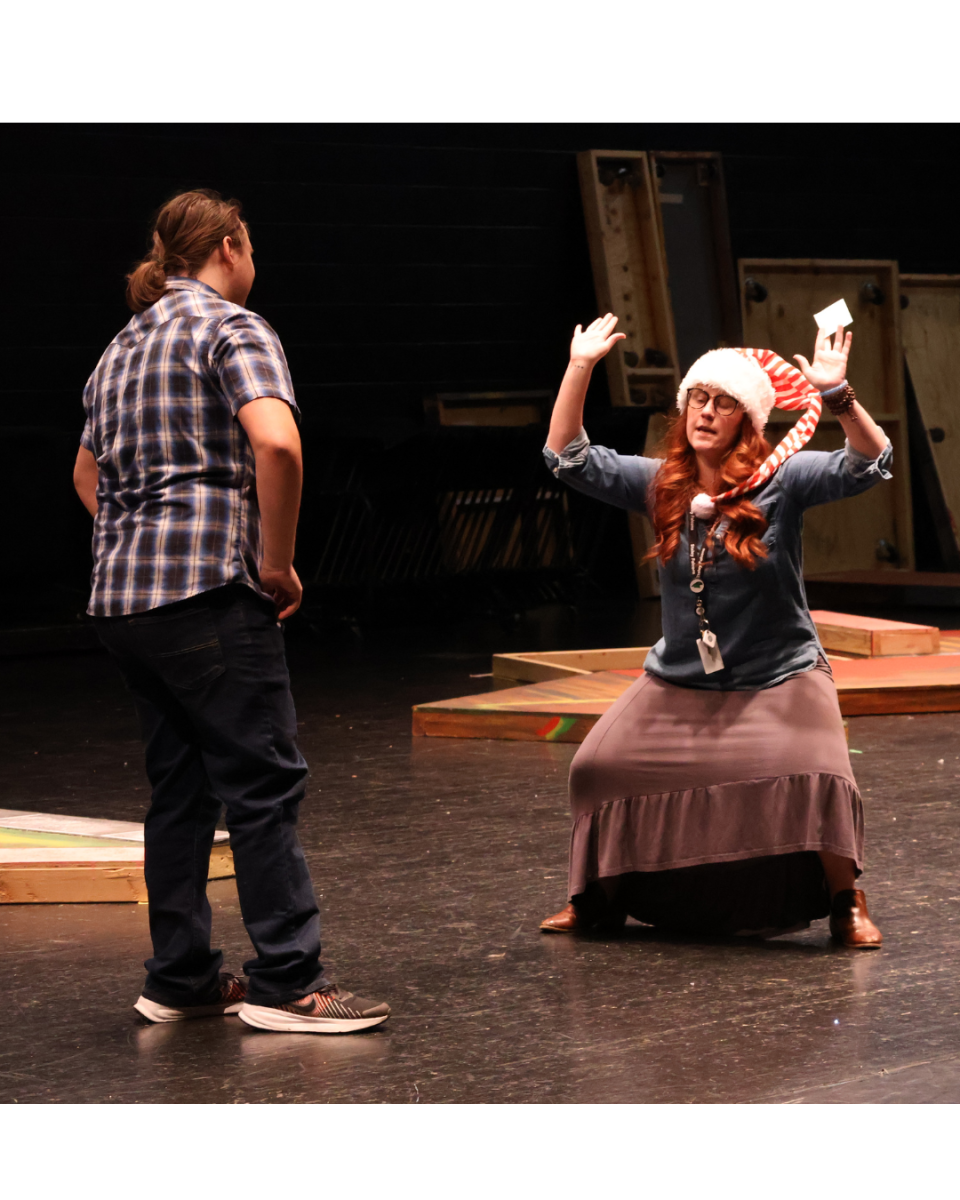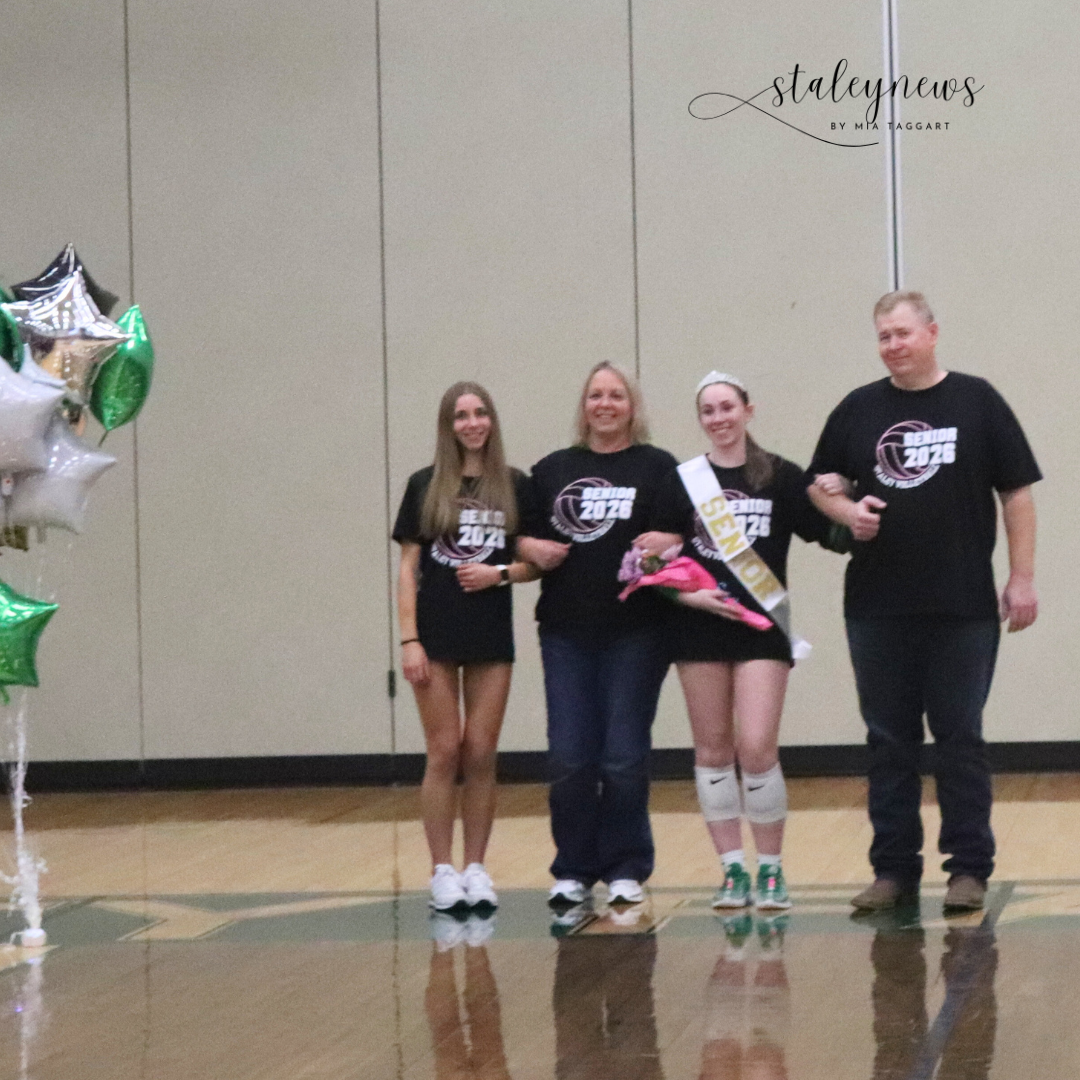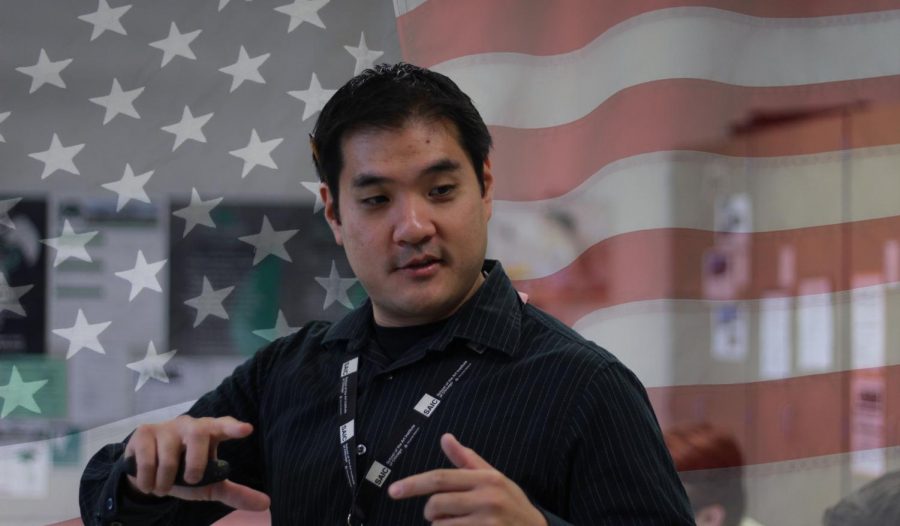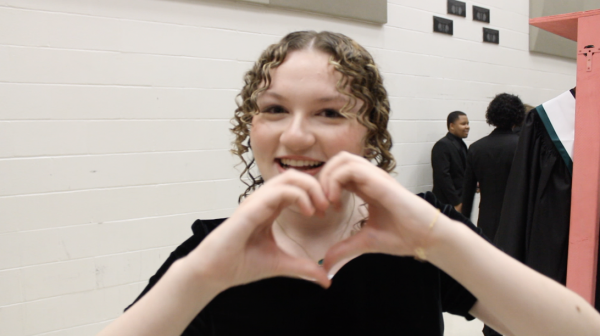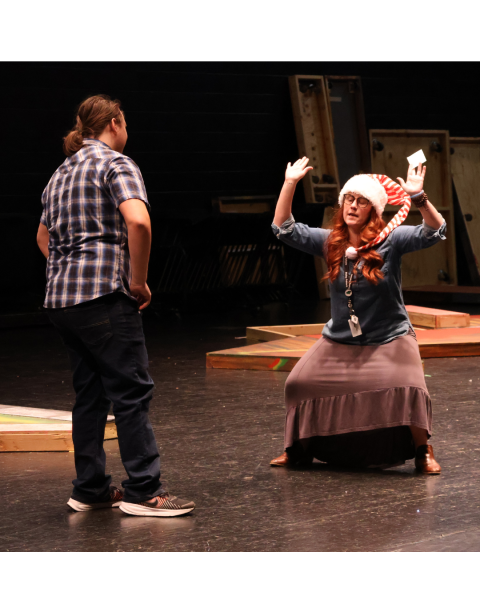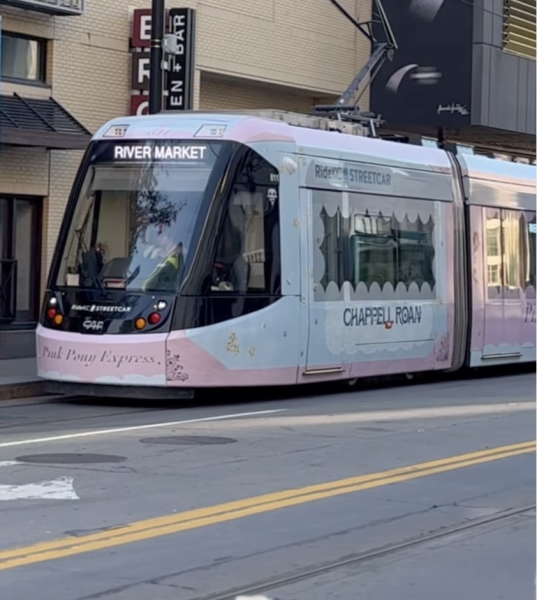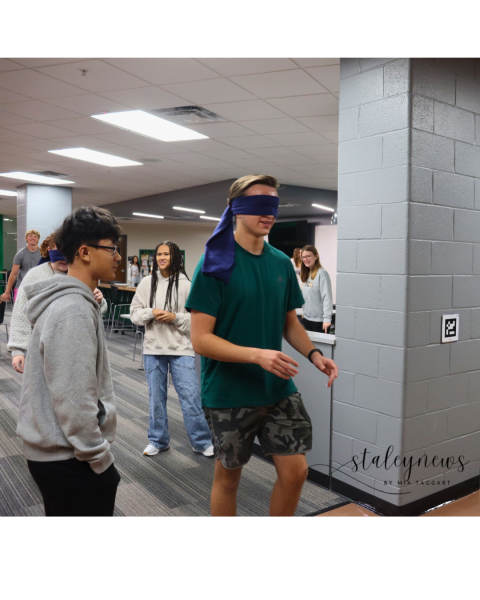Takahashi Becomes American
Teacher Earns U.S. Citizenship After 32 Years
In his Art 1 class, Manabu Takahashi teaches about 2D and 3D shapes on Sept. 13. Takahashi has been an art teacher for eight years. “I was teaching students on still life projects and how to make things more realistic,” said Takahashi.
Moving to the United States at 4 months old was Manabu Takahashi, one of the art teachers. His parents moved to the United States from Japan for his dad’s job, relocating to St. Louis.
“My parents were actually living in the United States before I was born, but they took me home to Japan because they wanted me to be born a Japanese citizen. They came back to America after that,” said Takahashi.
On August 22, Takahashi became an American Citizen after living in the United States for 32 years.
“I could have done it earlier, but I waited mainly for a lot of personal reasons,” said Takahashi. “I just realized as an adult, it’s really time I take responsibility, take action and become part of the society. I needed to be able to vote and partake in the necessary actions, so that’s why I decided to become a citizen now at age 32.”
Takahashi said he got asked a lot why he waited so long to become a citizen. He was even asked while at his nationalizing ceremony.
“A lady from China asked, ‘It’s about identity isn’t it?’ I realized I didn’t want to let go of being Japanese. My family and I, that’s kind of our connection that we are Japanese,” said Takahashi. “I guess I had a little bit of fear that by becoming American I might lose that. But now that I’m an American, I don’t feel like that. Now, it’s totally OK.”
Takahashi said he grew up with many Japanese customs in his household, because his parents wanted their children to experience the traditions.
“My Japanese home is not the typical Japanese home, but they did try to keep some of the tradition growing up. But it’s just little things here and there that we did growing up relating to Japanese customs,” said Takahashi.
At every meal, a Japanese phrase was said, and every time someone walked into a house, shoes came off and a phrase was said, which is similar to just saying I’m home. In many Japanese households, they have different relationships with their parents than Americans do.
“I didn’t have that close relationship that most American families had, such as we never said, ‘I love you’ to each other growing up,” said Takahashi.
He went to Japan a couple of times when he was younger, but the last time he went was in 2007 to visit his brother’s family.
“I can speak to my parents in Japanese, but I call it broken Japanese, and it’s funny they have broken English, too, and so we kind of meet in the middle. However, that’s just because I’m losing it. I don’t practice it, so gradually it fades away,” said Takahashi.
The students who had Takahashi were very proud and excited for him.
“Takahashi had shared his journey with us in class, and he even missed a few days of school for it. I was super excited when I found out, because I know it means a lot to him, and he had been working toward it for a while,” said senior Bristol Riley.
When Takahashi was being nationalized, there were 50 other immigrants being nationalized as well. Gaining citizenship in the United States meant giving up his Japanese citizenship.
“We were at the courthouse, and the judge comes in with all of the other immigration officers. They call your name and the judge talks about all of the privileges of being a U.S. citizen. Then, the judge will approve your citizenship. After that, it’s official, and you get a little certificate,” said Takahashi.
Takahashi said his family and friends were also very proud of him.
“My family came to my ceremony, and so did Mr. Brent, who is a very close friend. It was very nice, and everyone was proud. It was a very exciting and heartwarming feeling just to know that when you take the oath and once you’re finished, that you are a new citizen,” said Takahashi.
U.S. immigration originally told Takahashi he had to wait nine months for his form to be reviewed, however, it only took three weeks, according to Takahashi.
“When you’re trying to become a U.S. citizen, I’d say the biggest thing is you have to be patient, and that can be difficult,” said Takahashi.

